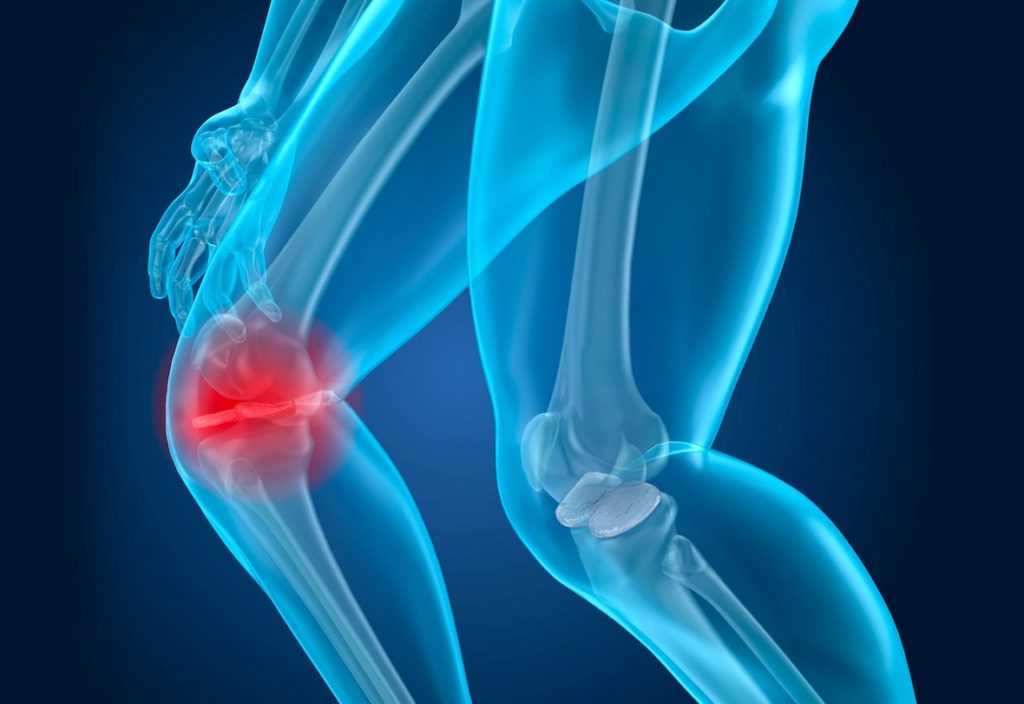
Michael J. Fox Foundation awards Asceneuron a grant to treat Parkinson’s disease
10 May 2022

Committed to accelerating research into novel Parkinson’s Disease therapies, The Michael J. Fox Foundation for Parkinson’s Research is again awarding Asceneuron with a grant to advance the study of its clinical stage drug candidate as a potential new treatment.
Asceneuron is a clinical stage company dedicated to targeting the root causes of neurodegenerative diseases. The company, which is based at the EPFL Innovation Park in Ecublens (canton of Vaud), has announced that it has been awarded a second grant from The Michael J. Fox Foundation for Parkinson’s Research (MJFF) to accelerate the study of its clinical stage O-GlcNAcase (OGA) inhibitor ASN51 as a potential new treatment for Parkinson’s disease (PD).
Today, an estimated seven to 10 million people worldwide have PD. Although there is no current cure for PD, Asceneuron focuses on the development of orally bioavailable therapeutics with high unmet medical needs, including orphan tauopathies, Alzheimer’s and Parkinson’s disease.
The MJFF grant will fund a preclinical proof-of-concept study to assess the disease-modifying properties of Asceneuron’s O-GlcNAcase (OGA) inhibitor ASN51 in a preclinical model of inherited PD.
Results expected in Q4 2022
The study aims to extend previously published findings demonstrating a reduction of motor impairment with Asceneuron’s OGA inhibitors to this alternative genetic disease model. The project will begin immediately, with results expected in the fourth quarter of 2022.
Dirk Beher, CEO and co-founder of Asceneuron, said: “We are pleased to have been awarded further funding support from The Michael J. Fox Foundation to progress research on our next generation O-GlcNAcase inhibitor ASN51. ASN51 has the potential to make a meaningful impact on patients suffering from Parkinson’s disease to improve quality of life and slow progression. We are proud to receive the continued support from a foundation that contributes meaningfully towards the development of improved therapies for those living with Parkinson’s disease.”

